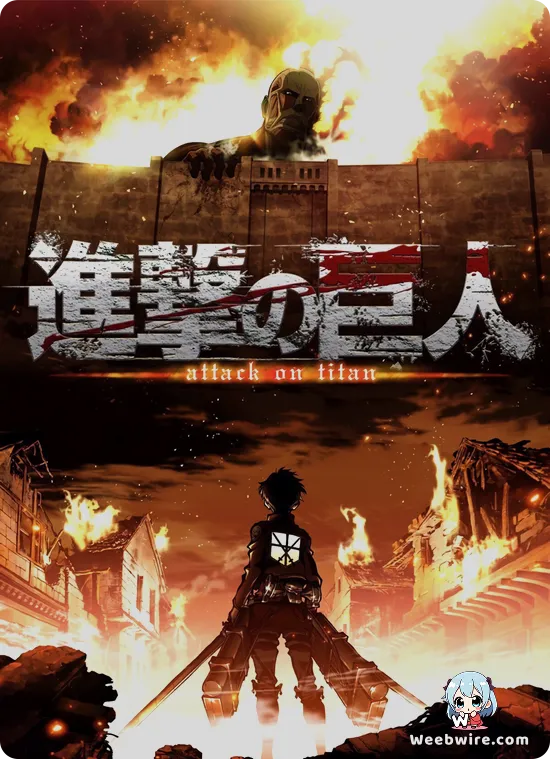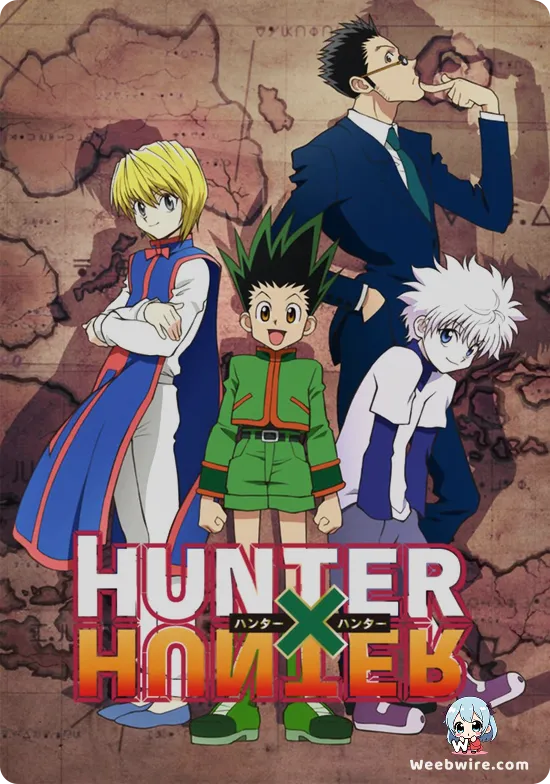Unveiling Evangelion's Genesis: A Deep Dive into the Anime Titan's Creative Chaos and Profound Legacy

Decades after its groundbreaking 1995 debut, Neon Genesis Evangelion remains an undisputed titan of the anime world, captivating and challenging audiences with its intricate narrative, profound philosophical depth, and iconic mecha battles. Beyond its celebrated surface lies a trove of lesser-known facts and behind-the-scenes revelations, illuminating the sheer genius and often chaotic brilliance behind its creation. These insights offer a fresh perspective on why this masterpiece stands as a definitive benchmark for psychological science fiction and an enduring subject of fan analysis.
A pivotal force behind Evangelion's stark, introspective tone was director Hideaki Anno's personal struggle with depression. Anno candidly revealed that the series, particularly the poignant internal monologues and characters' battles with self-worth and isolation, served as a powerful catharsis for his own emotional turmoil. This raw vulnerability permeates every frame, imbuing Shinji Ikari's hesitant heroism and Asuka Langley Soryu's fierce exterior, a mask for deep insecurity, with an unsettling realism, fostering a profound emotional connection with viewers.
The infamous original ending, comprising episodes 25 and 26, is a testament to creative resilience born from adversity. Faced with severe budget and crippling time constraints, Gainax and Anno's team improvised. The result was a highly abstract, introspective, and visually experimental conclusion, diving deep into Shinji's internal world through static imagery, text-only screens, and philosophical monologues. While initially provoking intense backlash and even threats, this unorthodox approach cemented Evangelion's reputation for pushing artistic boundaries and challenging expectations, directly paving the way for the cinematic The End of Evangelion.

Intriguingly, the rich tapestry of religious symbolism, from the Spear of Longinus and the Tree of Life to biblical Angels, often fuels fervent debate. However, Anno himself clarified that much of it was integrated primarily for aesthetic impact, to evoke a sense of 'coolness' rather than deep theological meaning from its inception. This revelation often surprises fans who meticulously deconstruct every cryptic reference, underscoring how artistic choices can resonate far beyond their original intent.
Even the series' nomenclature boasts fascinating origins. Many character surnames are cleverly derived from Japanese naval vessels of World War II, such as Misato Katsuragi from the Katsuragi-class aircraft carrier. Her apartment number, 201, serves as a subtle homage to Stanley Kubrick's 2001: A Space Odyssey, a profound influence on Anno. The iconic Evangelion Units, particularly Unit-01, possess a deeply unsettling biological essence, frequently highlighted by their terrifying 'berserk' modes. This concept evolved from a desire to portray Evas as more than mere machines, emphasizing their living, sentient aspects, effectively blurring the lines between robot and organic entity.
No discussion of Evangelion is complete without acknowledging its legendary opening theme, "A Cruel Angel's Thesis." Widely regarded as one of anime's most recognizable and beloved anthems, singer Yoko Takahashi reportedly found the lyrics incredibly challenging to comprehend initially. Despite her confusion, the song soared to become a massive hit and an enduring cultural phenomenon, inextricably linked to the series' monumental legacy.
Ultimately, Neon Genesis Evangelion transcended mere entertainment to become a true paradigm shift. It masterfully deconstructed the mecha genre, exploring the devastating psychological toll of warfare and the immense burdens of heroism. Its indelible influence is evident in countless subsequent anime, which dared to delve into darker, more introspective themes and boldly challenge established storytelling conventions. The series' enduring appeal lies not just in its intricate plot or unforgettable characters, but in its unwavering courage to be different and the sheer audacity of its creative vision.
Credits
Neon Genesis Evangelion
Author
Hideaki Anno
Cover Art
Yoshiyuki Sadamoto
Studio
Gainax
Publisher
Gainax
Producers





